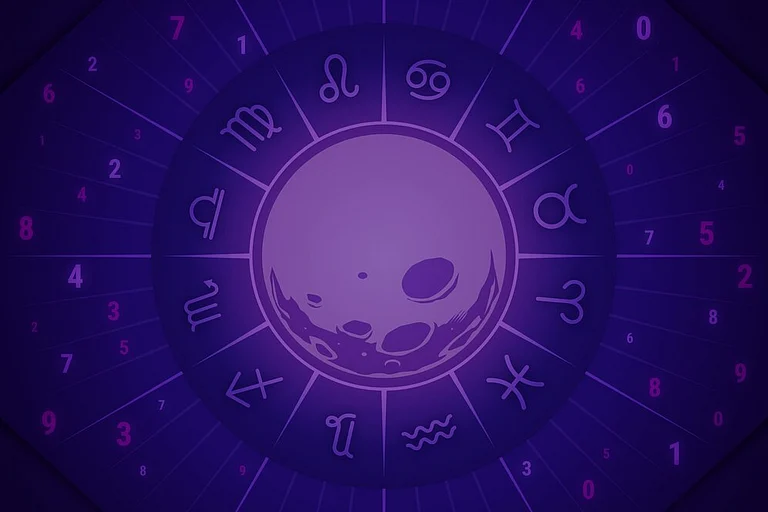
Make no mistake, whatever this warm and charming man may be, he is no lazy,sub-princely fop. In fact, Our (as in New Delhi’s) Man in Paris has been oneof the hardest working cultural Stakhanovites over the last two decades. He wasthere in the late 70s and early 80s when, for the ordinary French citizen, l’Indemeant not much more than really bad tandoori food and really really bad sitarmusic; he was there, at the centre of the Festival of India in 1985, telephoningSmita Patil live on French TV and waking her up at home ("Not many people haveher number," he’s reported to have told the French viewership); he was therein the 90s, doing his stint with Libération; and, after helming twonovels in French plus English and two feature films, here he was, being feted bythe French Ambassador.
To argue passionately as to whether Vijai is a better novelist than SunetraGupta or a better filmmaker than Pankaj Butalia is to miss the point completely.Far better to see him as one of those pioneering microbes that lands on abarren, far-off planet (in this case Paris), and proceeds to green up the placeso that coarser and less intrepid life-forms can then follow, survive and eventhrive. Vijai may not like to hear this, but when Paris is finally madecivilised by proper dhaba-bistros, Bhangra discos, Langa-Manganiyar and Baulkiosks and Karol Bagh fashion houses, he will be lauded as one of theoriginating Pilgrims. And it will not be forgotten that he came from here, Nyu-Dilli. In fact, it’s inconceivable that someone like Vijai could have emergedfrom any other place in India. Which is just one reason why we are the BossTown. .
This piece appeared in the first sample issue of Delhi City Limits.























